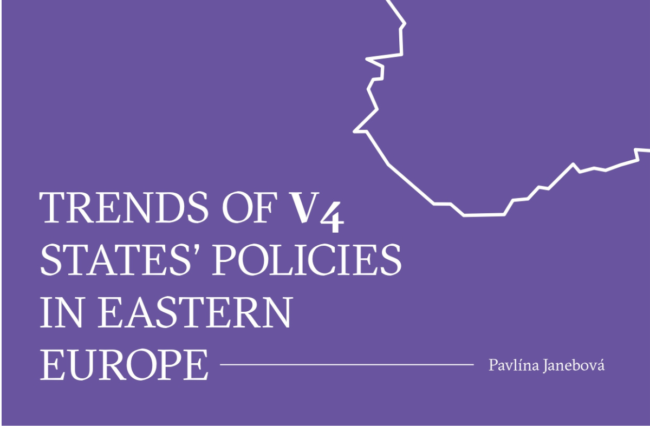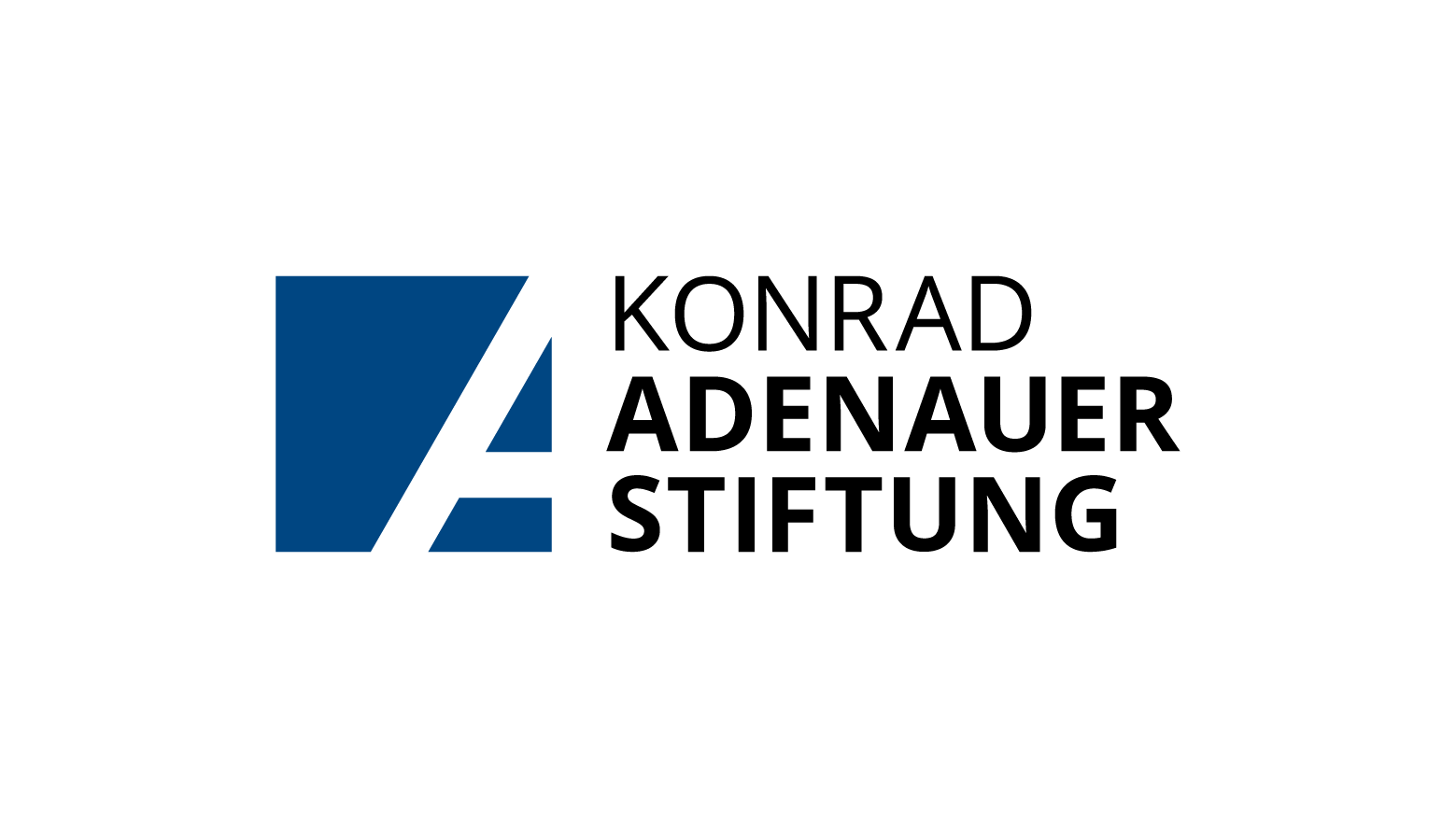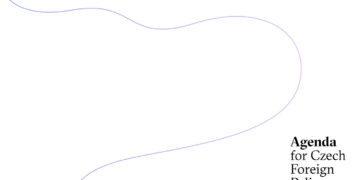TRENDS OF V4 STATES’ POLICIES IN EASTERN EUROPE

The new report explores and compares the perceptions and opinions of the Czech, Hungarian, Polish and Slovak foreign and EU policy communities on various aspects of the EU, NATO and the individual states’ responses to the Russian war in Ukraine, potential future developments, and last but not least, any change that the past nine months have brought to the bilateral relations of the V4 states and the cooperation as such.
Since the outset of the brutal and unprovoked Russian aggression in Ukraine, the Visegrad Group has many times been proclaimed dead. Whereas Poland, Czechia and Slovakia have been at the forefront of the EU’s efforts to help Ukraine counter the Russian attacks, Hungary’s attitude to these efforts has been lukewarm at best, outright harmful at worst. Whereas the presented survey results confirm a deterioration in the quality of bilateral relations of their countries with Hungary perceived by respondents from Poland, Czechia and Slovakia since 2021 (and vice versa), it seems that the format retains a certain potential in the eyes of foreign and EU policy elites.
The report is based on the results of a survey conducted during an approximately one-and-a-half month period between August and October 2022. In total, almost 400 representatives of foreign and EU policy communities in Czechia, Hungary, Poland and Slovakia participated in the survey. The survey was addressed to civil servants, politicians, researchers and analysts, journalists and selected business representatives.
The research project was conducted in cooperation with the Konrad Adenauer Foundation.





